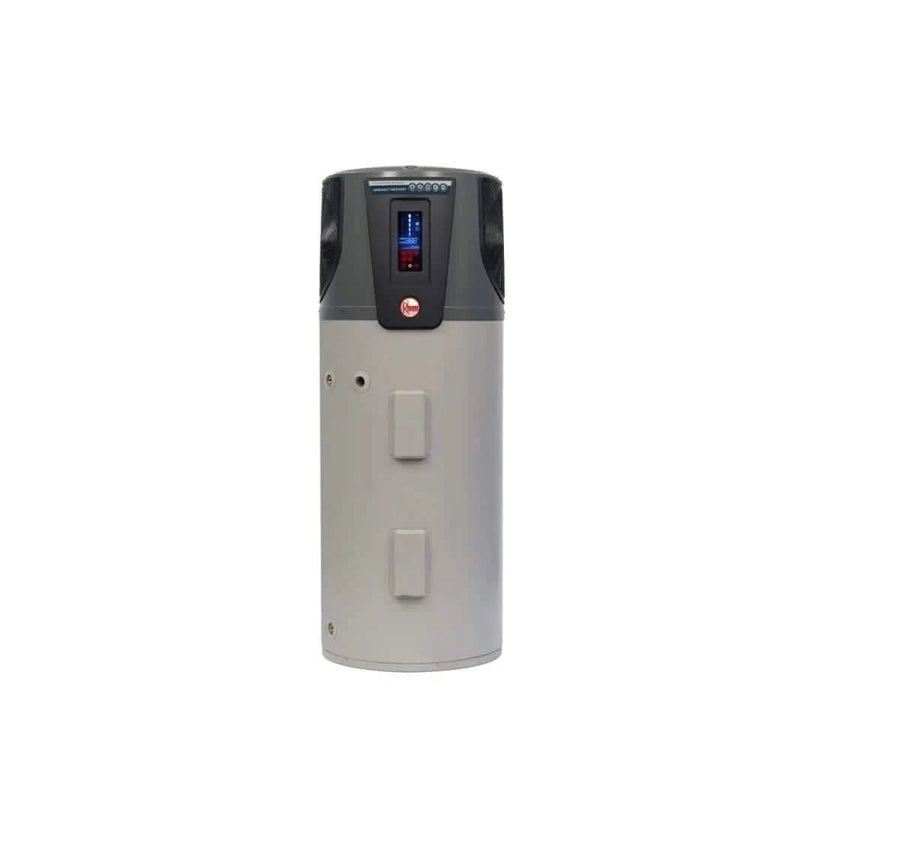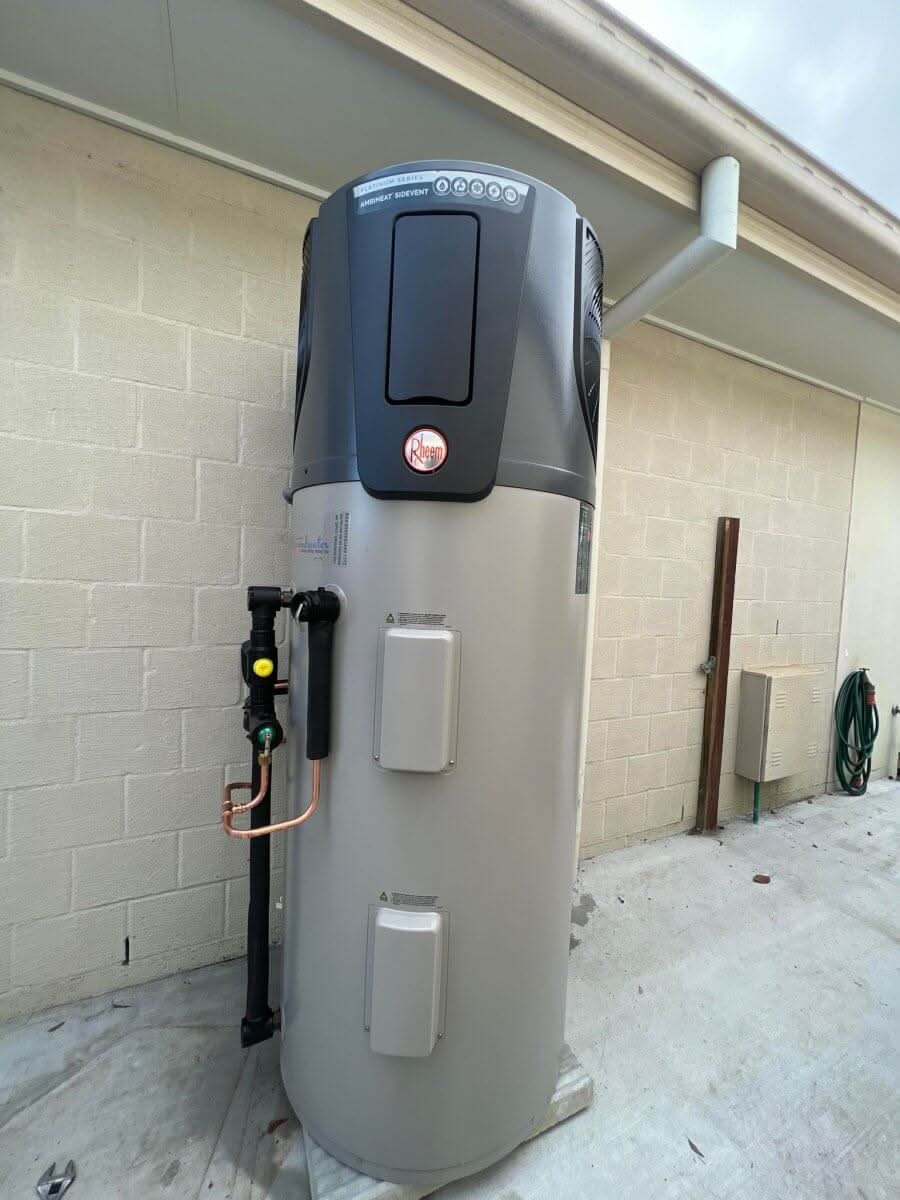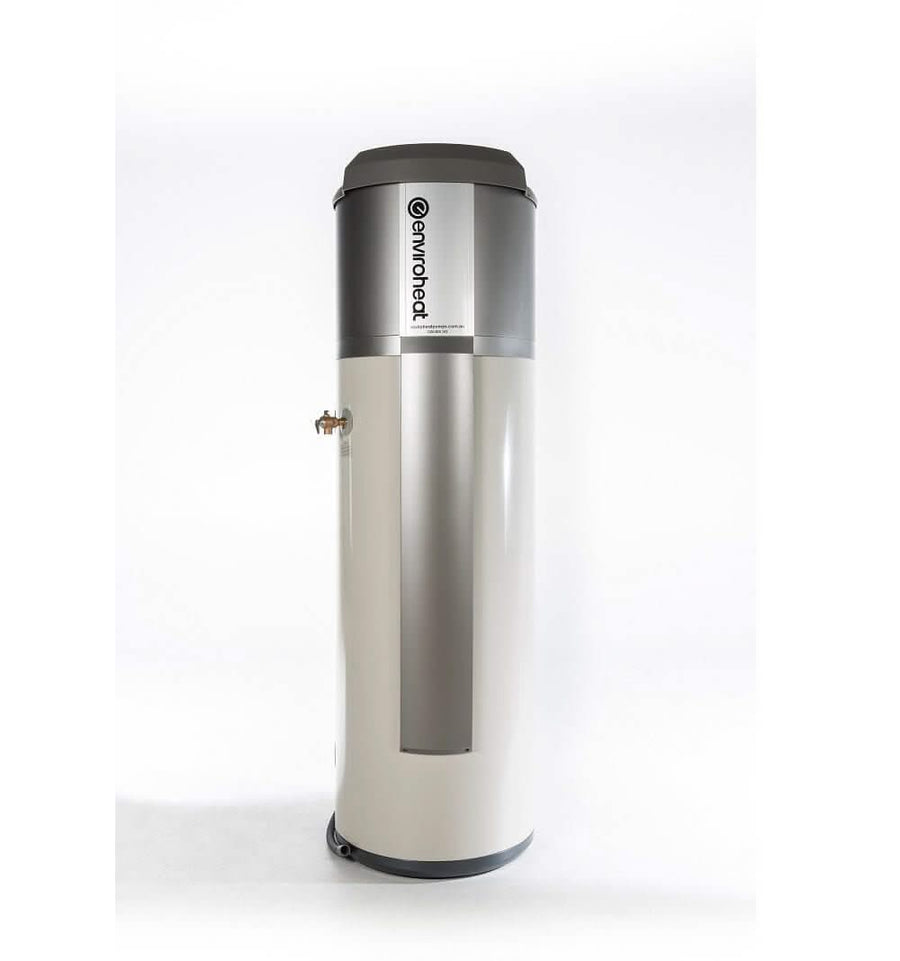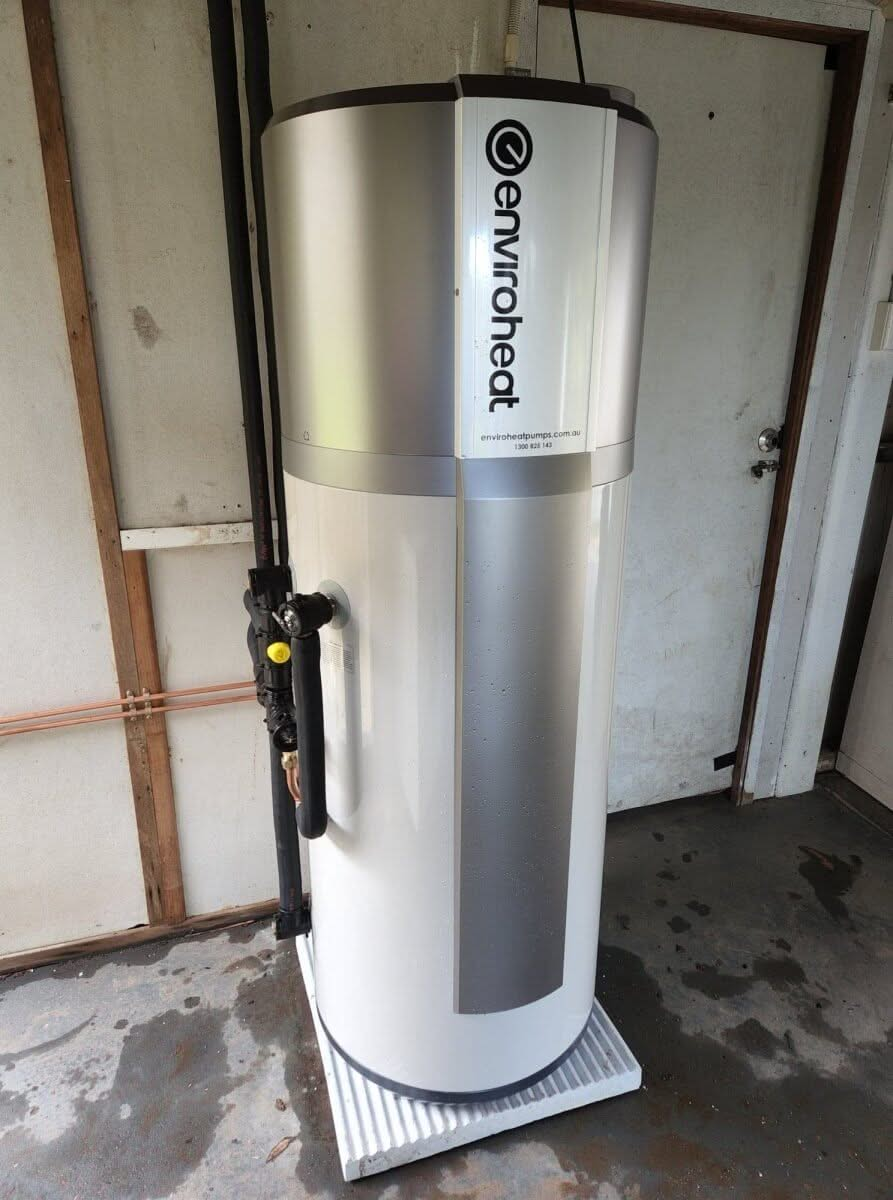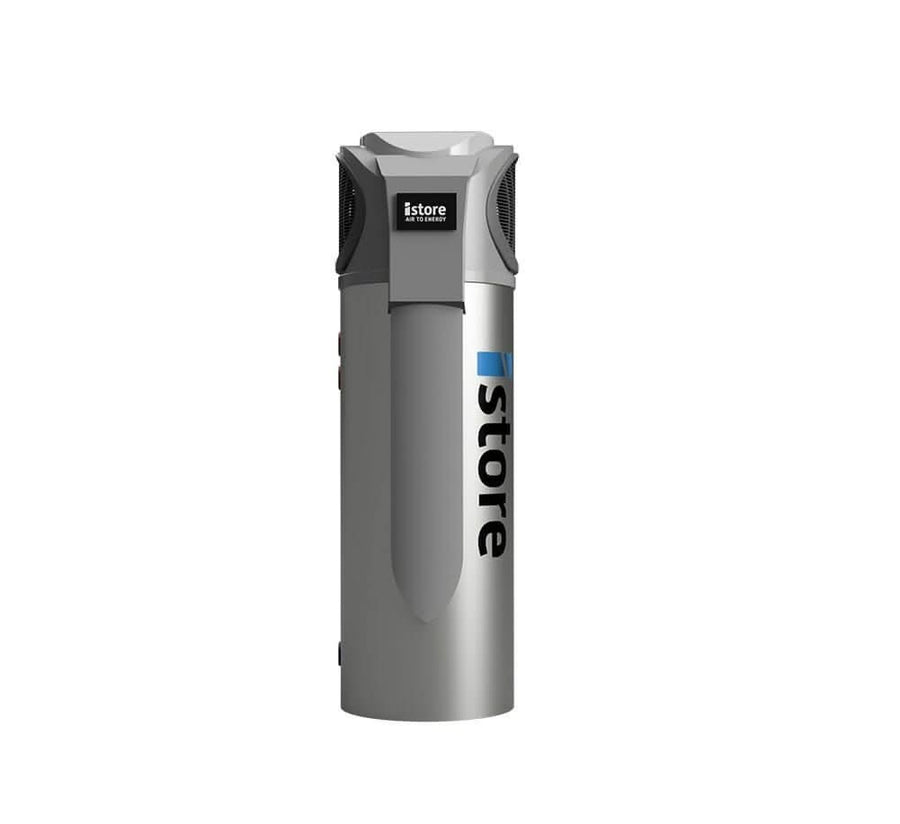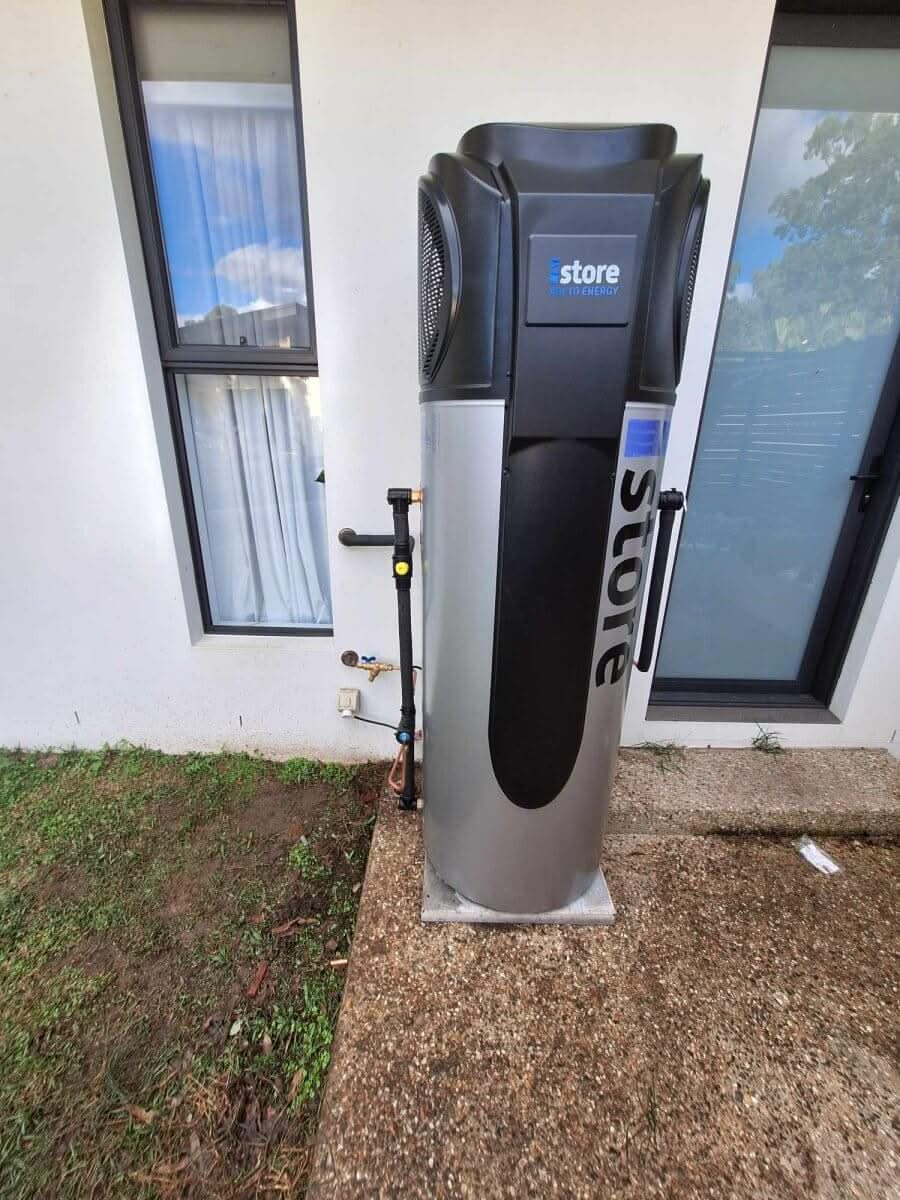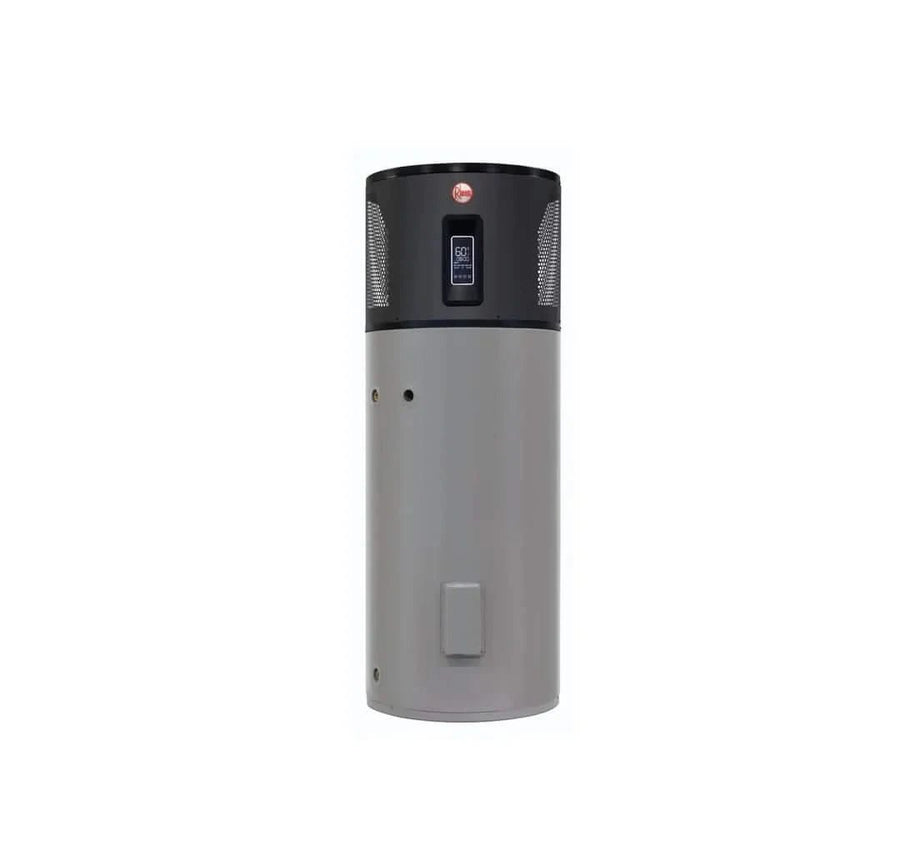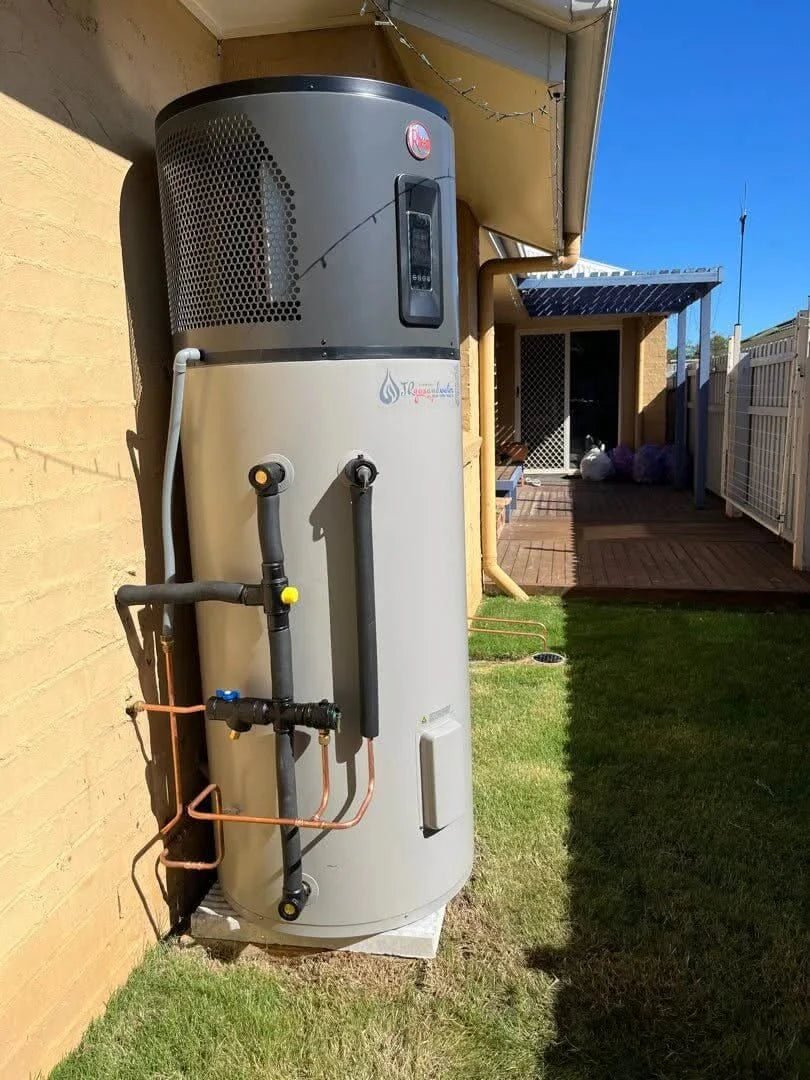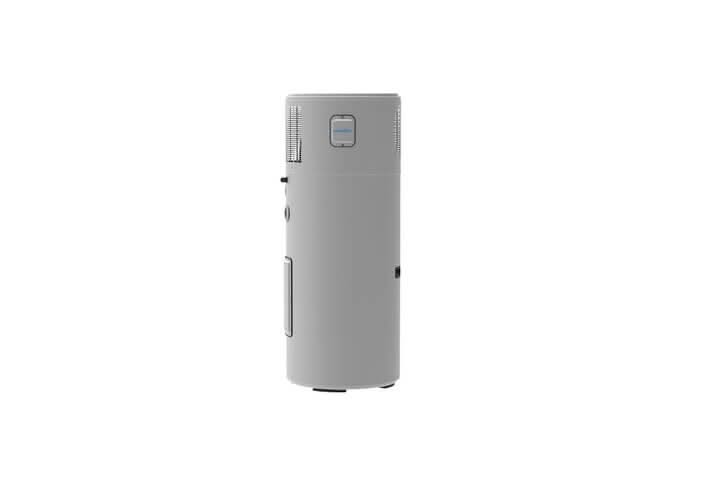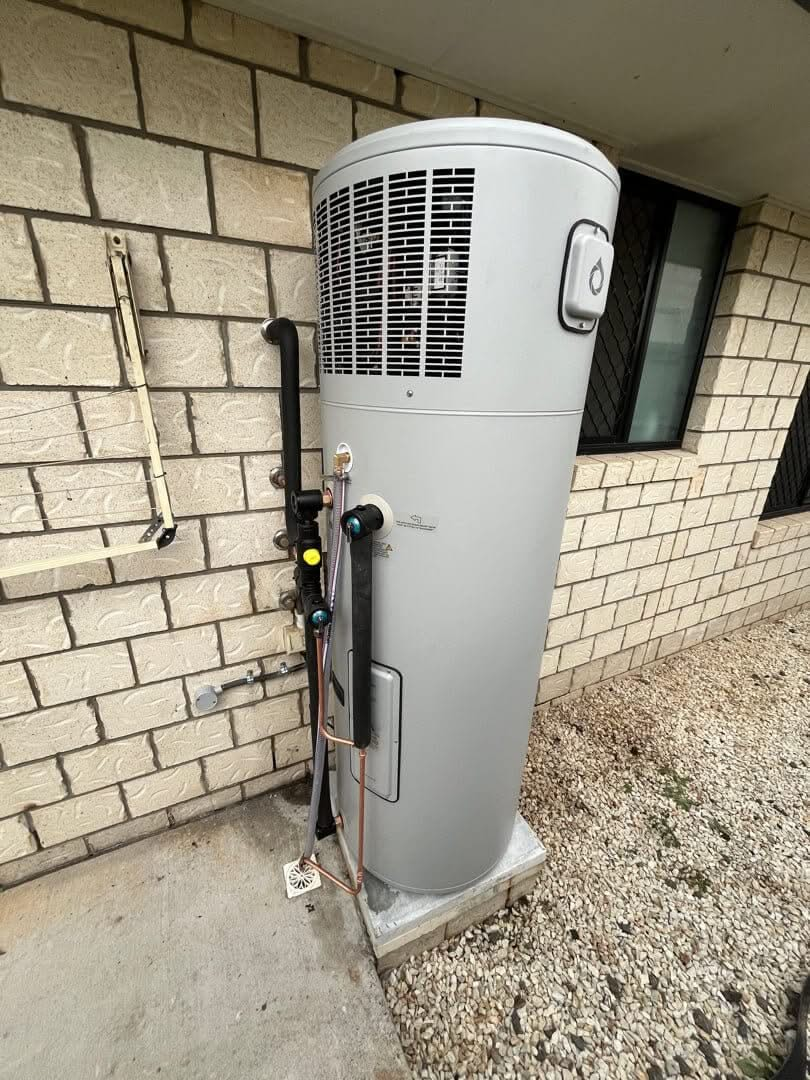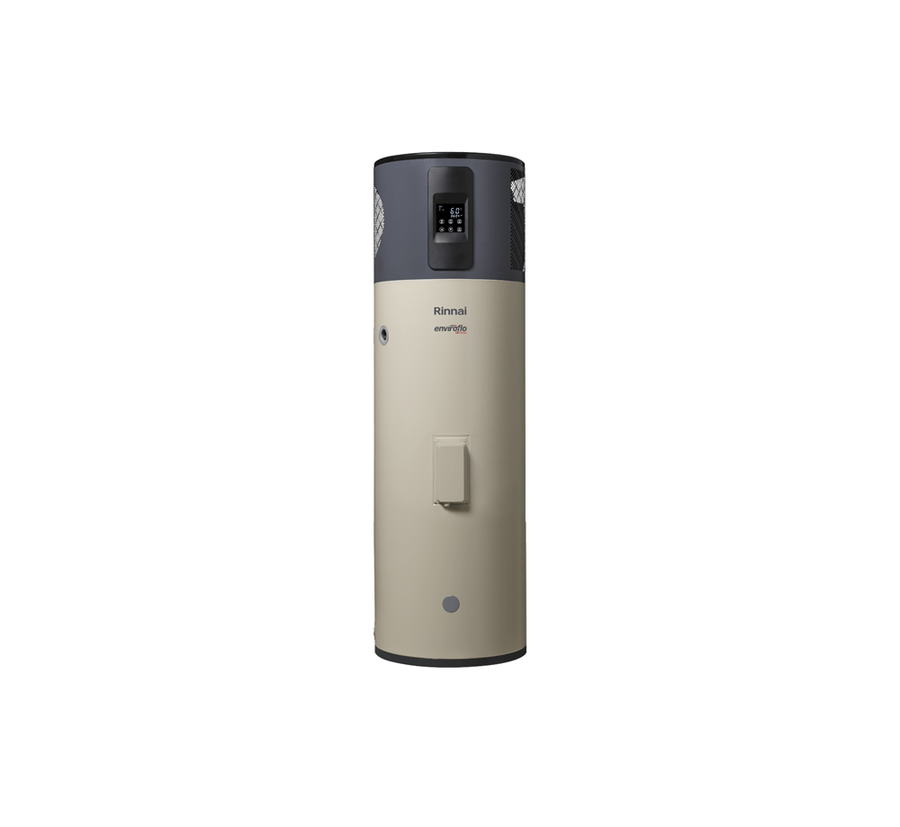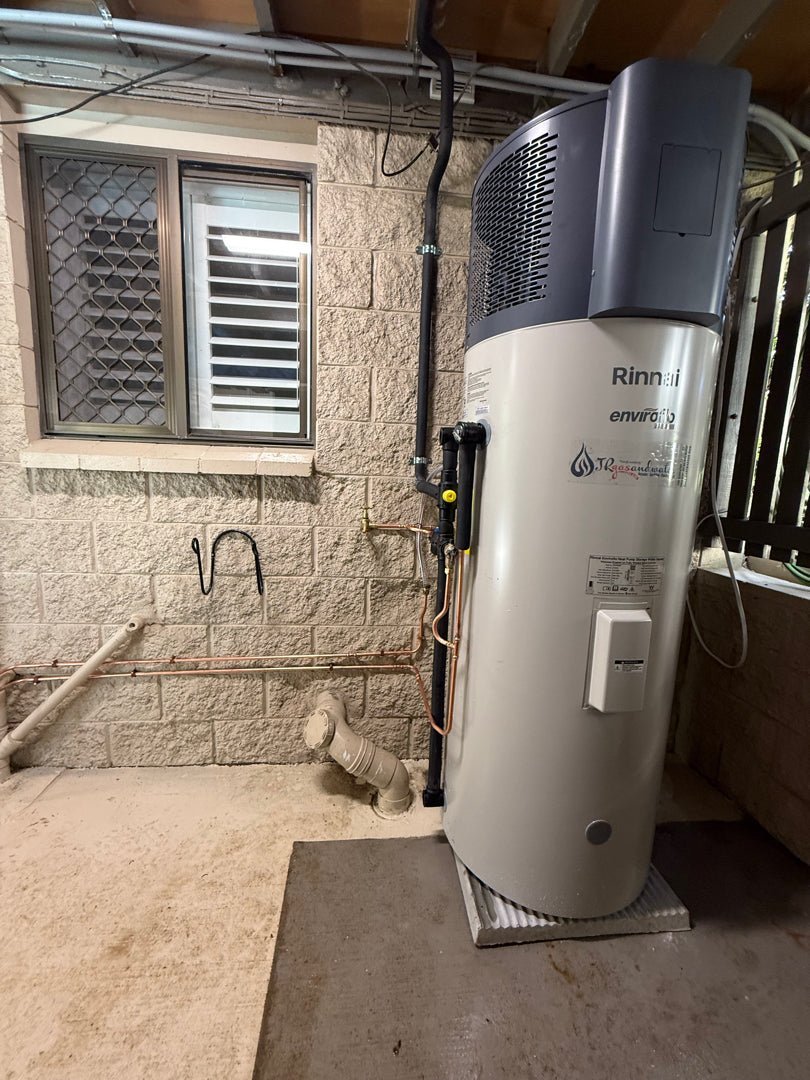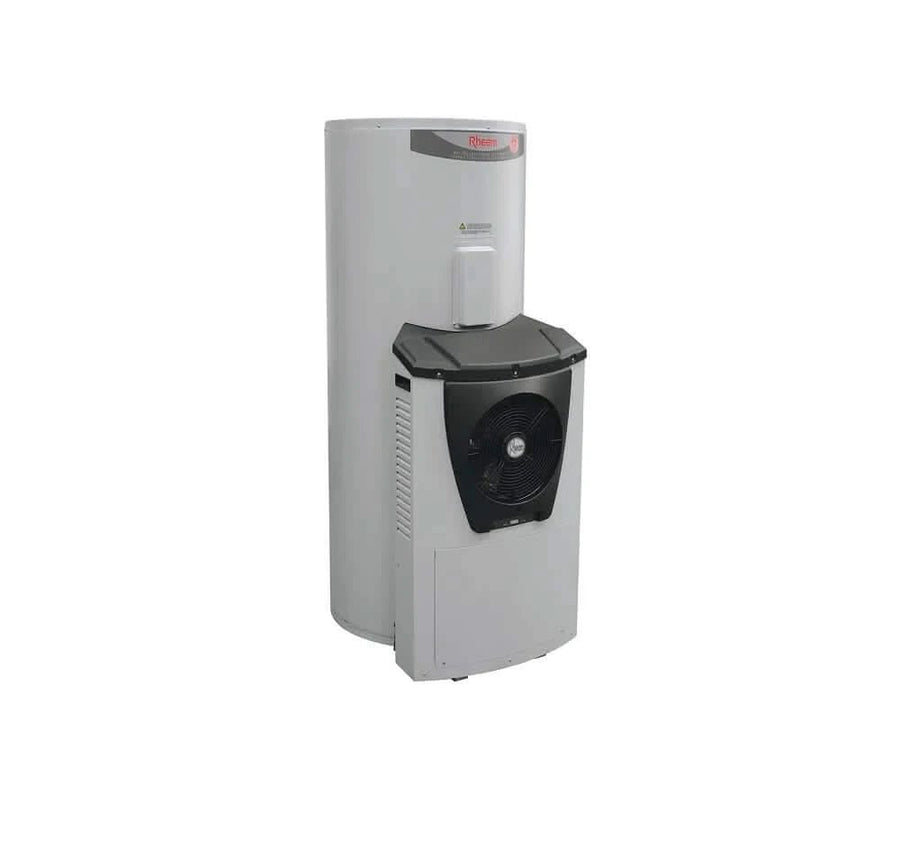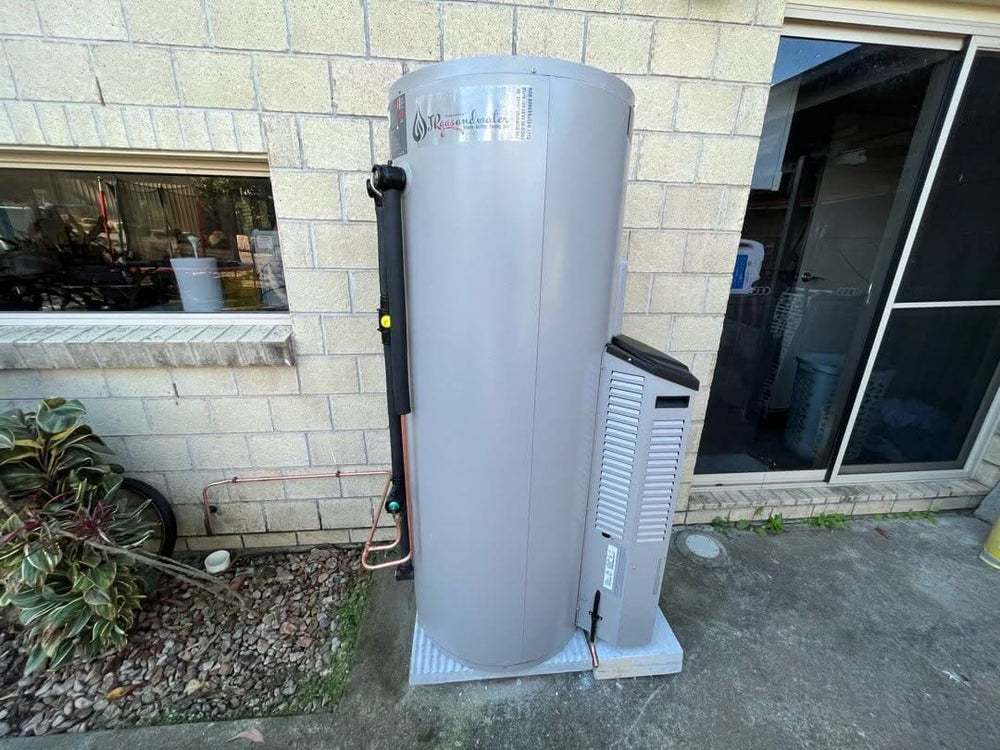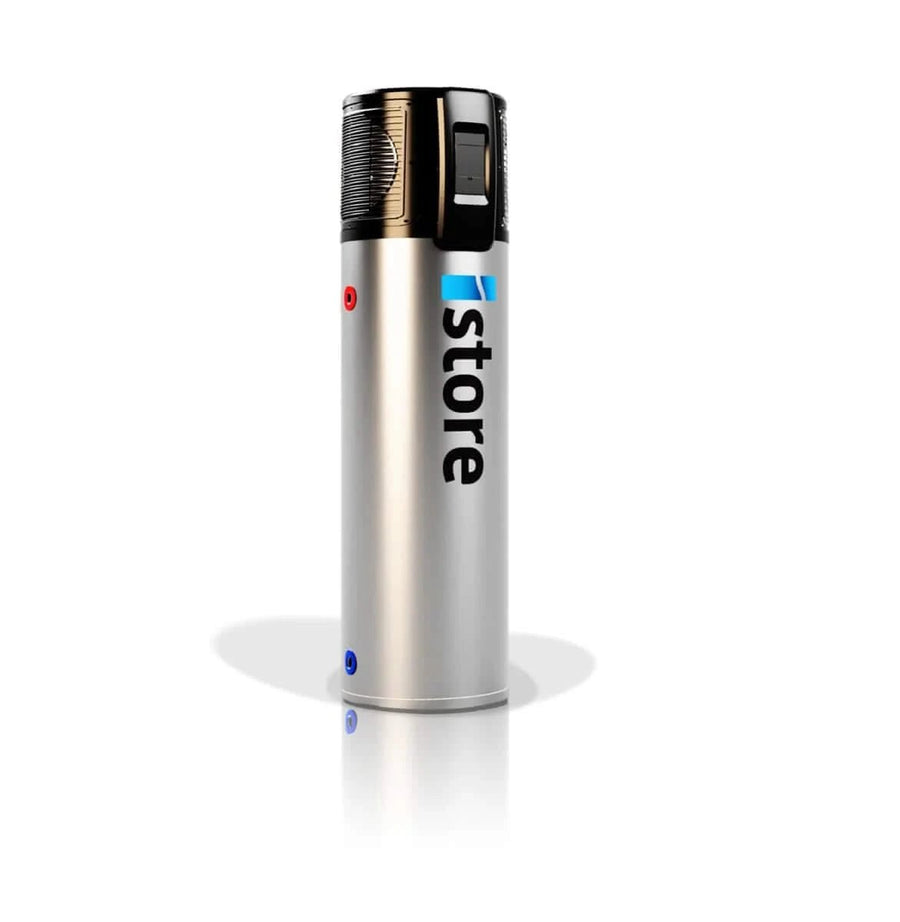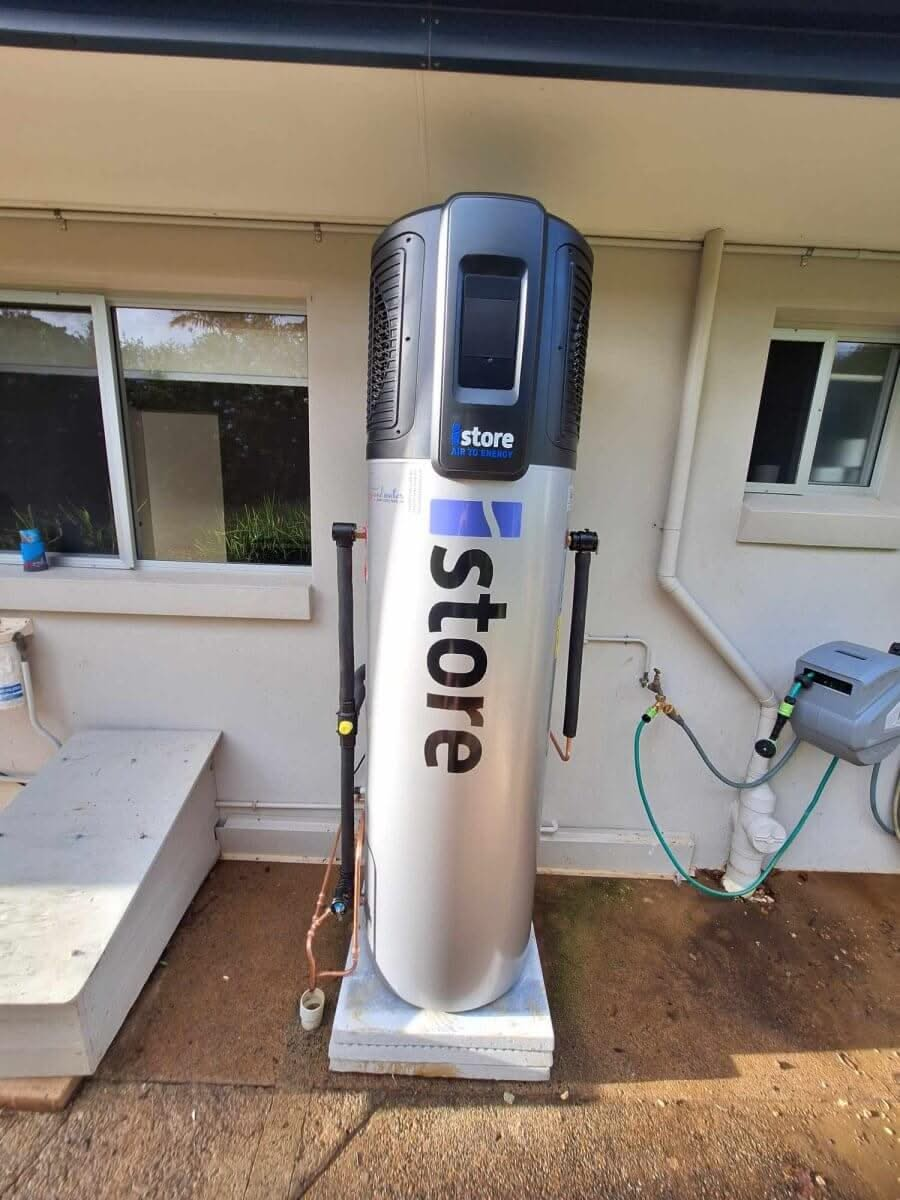Best Hot Water System Types for Your Home
Looking to choose the right hot water system for your home? This guide breaks down the different hot water system types: storage, continuous flow, electric, gas, solar, and heat pump. Discover the pros and cons of each to find the best fit for your needs.
Key Takeaways
-
Hot water systems are mainly categorized into storage and continuous flow types, each suited to different household needs and energy preferences.
-
Choosing an appropriate hot water system can lead to significant energy savings and environmental benefits, with options like solar and heat pump systems being particularly eco-friendly.
-
Consulting local experts for installation and tailored advice is crucial for selecting the right hot water system and ensuring optimal performance and efficiency.
Overview of Hot Water Systems
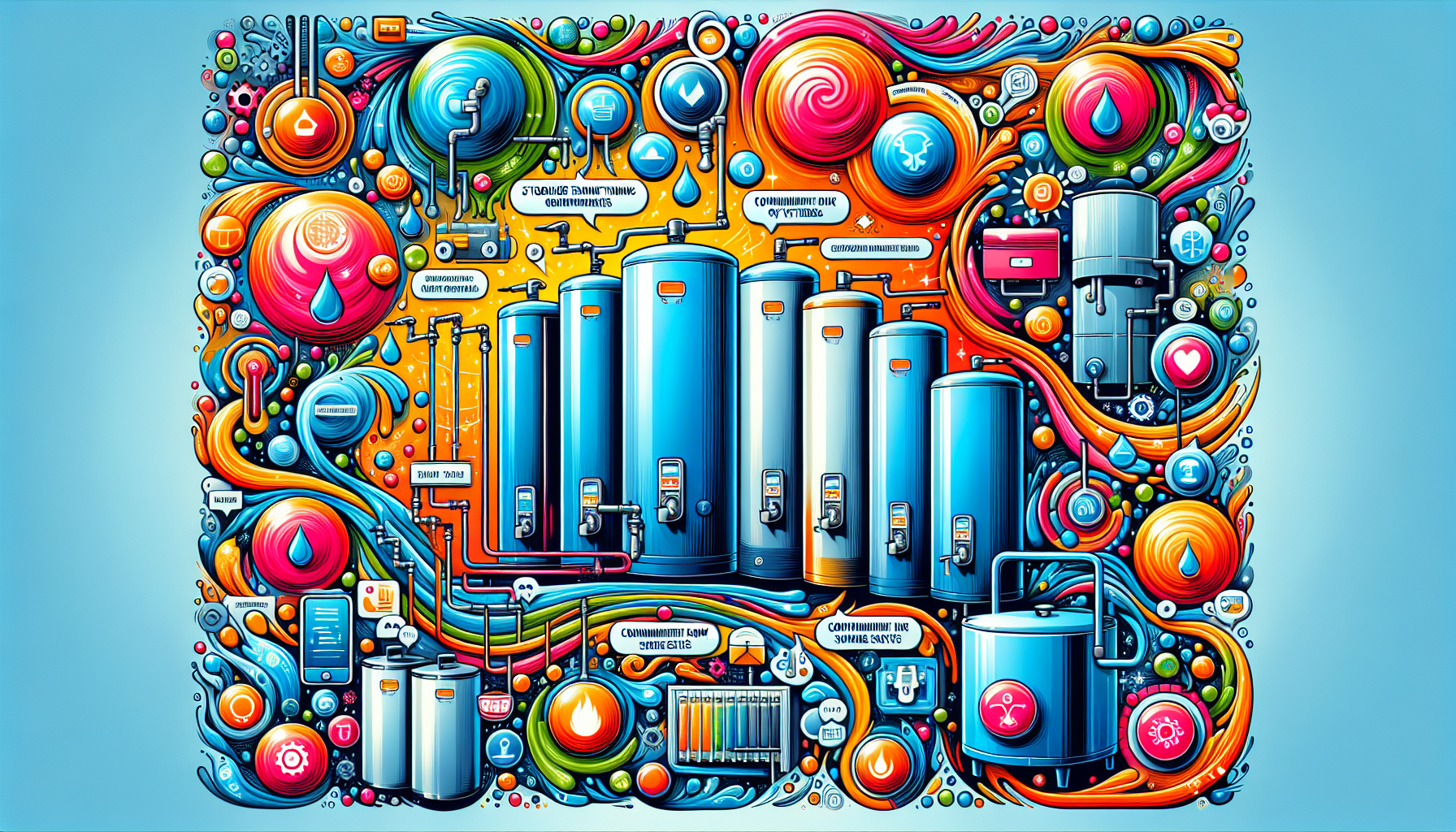
Hot water systems are an essential component of any home, ensuring that you have a reliable supply of hot water for showers, washing dishes, and laundry. The two main types of hot water systems are storage systems, which store hot water in a tank, and continuous flow systems, which heat water on demand. Each type has its own advantages and disadvantages, depending on your household needs and energy preferences.
When choosing a hot water system, consider factors such as hot water demand, energy usage, and overall efficiency. Reducing hot water consumption can save money and enable the use of more cost-effective and eco-friendly systems.
Heat pump or solar hot water systems produce the lowest greenhouse gas emissions compared to other types. Water heating represents around 25% of energy consumption in Australian households, so choosing the right system can lead to significant energy savings and reduced environmental impact.
Storage Hot Water Systems
Storage hot water systems are a popular choice for many households, as they store hot water in an insulated tank for immediate use. These systems maintain a reserve of hot water that is ready to be used whenever you need it. This can be particularly convenient for large families or homes with high hot water demands, as there is always a supply of hot water available.
However, storage hot water systems have some drawbacks. For example, once the stored hot water is depleted, you will need to wait for the tank to refill and reheat, which can take some time. Additionally, heat loss through the tank’s insulation can lead to inefficiencies and higher energy consumption.
Despite these challenges, storage hot water systems remain a reliable and popular option for many households.
Continuous Flow Hot Water Systems
Continuous flow hot water systems, also known as instantaneous systems, provide hot water on demand without the need for a storage tank. One of the key benefits of these systems is their unlimited supply of hot water, ensuring that you never run out, even during peak usage times. This makes continuous flow systems an excellent choice for households with high hot water demands.
Gas hot water systems are commonly designed to provide immediate hot water on demand, making them a popular option for many homes. Continuous flow systems may have higher initial installation costs compared to storage systems. Their energy efficiency and convenience often make them a worthwhile investment.
Electric Hot Water Systems
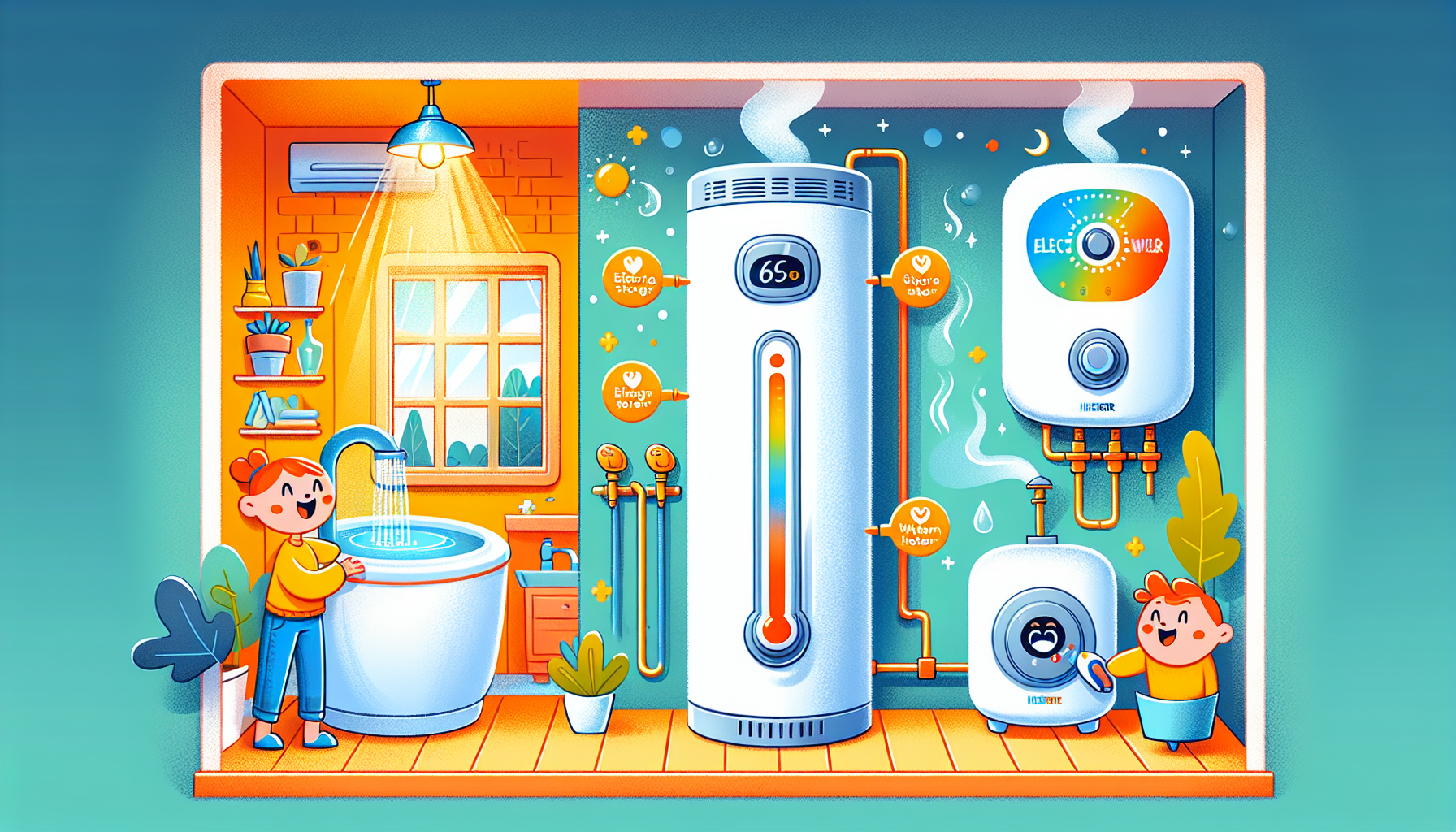
Electric hot water systems are a versatile and widely used option for many households. These systems typically store heated water in a tank until it is needed for use. Inside the tank, a heating element is responsible for heating the water, which usually requires a 240-volt power supply for operation. An electric hot water system provides environmental advantages as they can operate on electricity sourced from renewable energy.
Water heating accounts for about 15% to 30% of household energy use, representing a significant opportunity for energy savings. On average, water heating uses approximately 20% of total energy use in an average Australian home.
Electric storage hot water systems are generally cheaper to run compared to gas or solar models, though running costs depend on the type of system, operational costs, and energy consumption. The initial costs of electric heaters are typically lower, but their long-term running costs can increase.
Electric Storage Water Heaters
Electric storage water heaters store heated water in an insulated tank, ensuring that hot water is available on demand. These systems are relatively easy to install and operate, making them a popular choice for many households. A key drawback is that once the stored water is used, you will only have cold water until the tank refills and heats.
Running costs for electric storage water heaters can fluctuate based on electricity tariff rates, potentially making them expensive to run. When selecting an electric storage water heater, consider capacity, energy efficiency, and the type of tank material, such as copper or glass-lined steel.
Proper selection and maintenance can help ensure an efficient hot water supply.
Electric Instantaneous Water Heaters
Electric instantaneous water heaters heat water only as needed, which can lead to significant energy savings. These systems use a flow sensor to activate the heating element, providing hot water on demand. This energy-efficient operation can lower utility bills over time, making them an attractive option for many households.
Electric instantaneous systems can produce more greenhouse gases compared to gas storage units. Despite this, their ability to provide continuous hot water without a storage tank makes them a convenient and efficient choice for many homes.
Gas Hot Water Systems
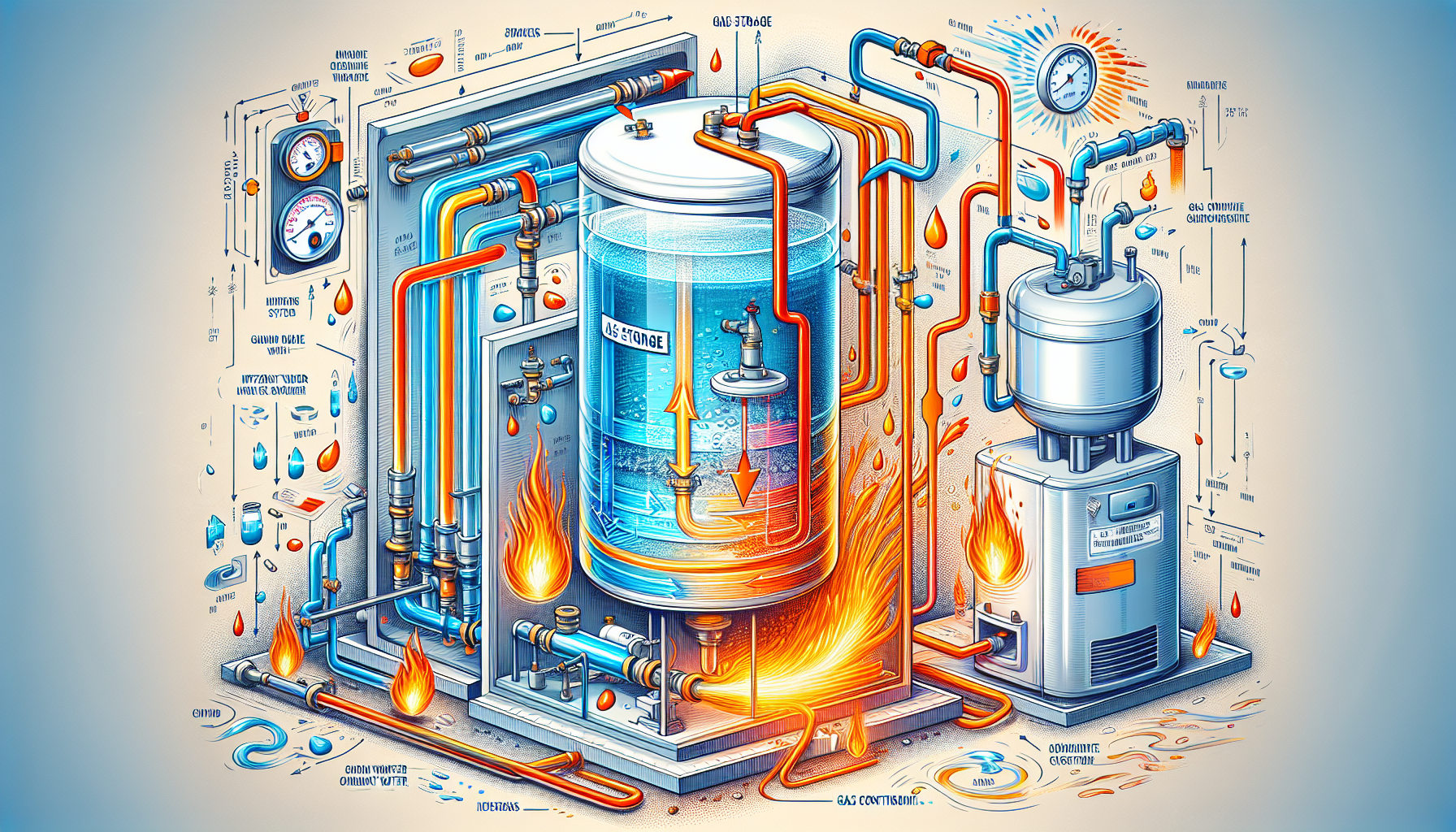
Gas hot water systems are another popular option for households, offering quick heat recovery times and efficient operation. These systems heat water using gas storage heaters or instant water heaters. The most common type of gas hot water heater is the continuous flow (instantaneous) system, which provides an unlimited supply of hot water on demand.
Gas hot water systems usually require outdoor installation due to venting requirements. Additionally, gas continuous flow systems need a continuous supply of gas and appropriately sized gas pipes and meters. Despite these installation considerations, gas hot water systems can be a reliable and energy-efficient choice for many households.
Gas Storage Systems
Gas storage hot water systems use a gas burner to heat and maintain water at a set temperature, typically around 60 °C. These systems can be particularly inefficient in cold climates due to high heat loss and lack of insulation. However, they can achieve high temperatures, which can lead to less wasted heat.
Despite inefficiencies, gas storage systems remain a viable option for many households, especially in warmer climates where heat loss is less of a concern. Maintenance and insulation can mitigate some heat loss issues, making these systems more efficient.
Gas Continuous Flow Systems
Gas continuous flow systems heat water as it flows through the system, eliminating the need for a storage tank. This allows for a continuous supply of hot water, which is a significant benefit for households with high hot water demands. These systems operate by a flow sensor triggering a burner to heat water on demand.
Natural gas continuous flow systems can be more costly to install compared to gas storage systems, but their energy efficiency and convenience often make them a worthwhile investment. Installation and maintenance are crucial to ensure optimal performance and longevity.
Solar Hot Water Systems
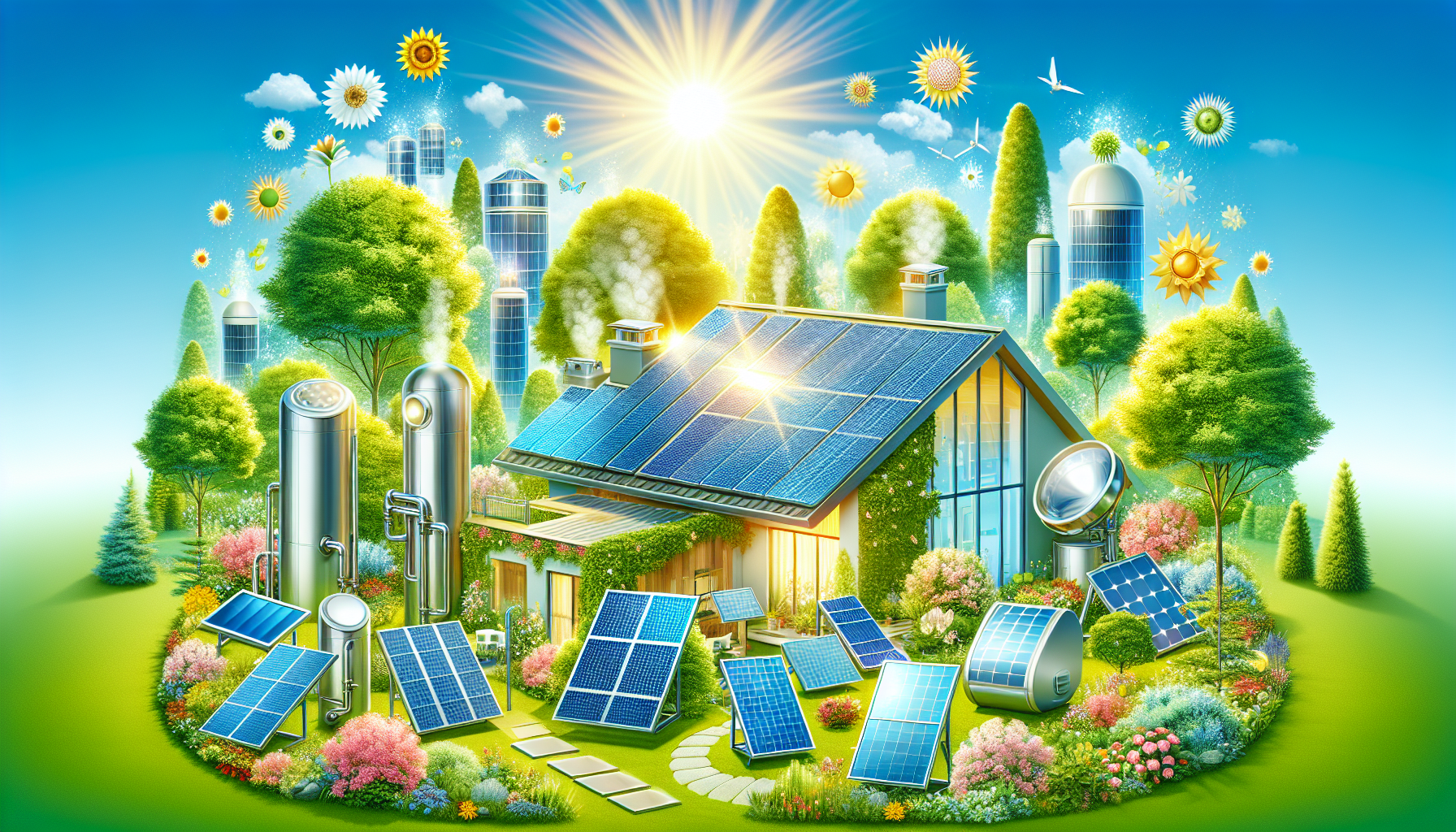
Solar hot water systems are an environmentally friendly option that utilizes renewable energy to heat water. These systems consist of solar panels or evacuated tubes and a storage tank. Solar panels absorb energy from the sun to heat the water, making these systems highly energy-efficient. A solar hot water supply requires adequate roof space to work effectively. The space should face north to ensure proper functionality.
A well-insulated solar hot water system can store solar energy as heat for later use, ensuring a reliable hot water supply even during cloudy days. In Australia, 4% of energy used for water heating comes from solar, highlighting the potential for increased adoption of these systems.
The running costs of solar hot water systems depend on the location and available sunlight.
Types of Solar Collectors
Solar collectors are essential components of solar hot water systems, designed to convert sunlight into heat for water heating. Flat plate collectors are one type, designed to trap sunlight and transfer the heat to water efficiently.
Knowing the different types of solar collectors can help you choose the best option for your home.
Solar Boosters
In colder regions, solar hot water systems often require boosters to maintain a reliable hot water supply throughout the year. Solar boosters can be gas or electric, and they help ensure that hot water is available even when sunlight is insufficient. Users of solar hot water systems in colder climates commonly combine them with gas or electricity to enhance reliability.
Evacuated tube collectors excel in performance in colder climates due to their superior insulation. Incorporating boosters allows households to enjoy the benefits of solar hot water systems while maintaining a consistent hot water supply, regardless of the weather.
Heat Pump Hot Water Systems
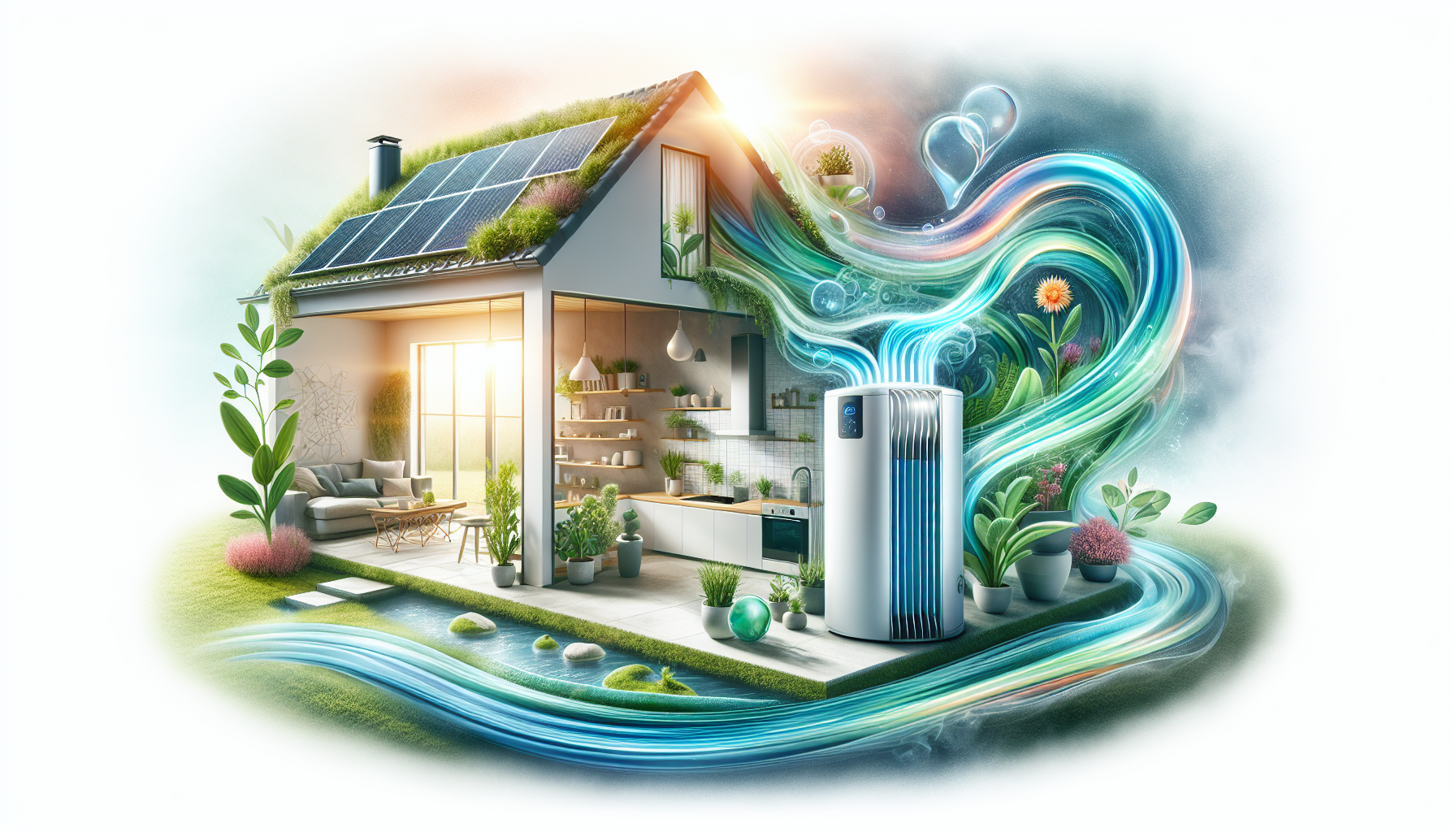
Heat pump hot water systems are a highly efficient option that uses heat extracted from the surroundings, such as ambient air, to heat water. These systems operate using a refrigeration cycle to transfer heat from outside air to the water inside via a heat exchange system. Utilizing ambient air heat as a renewable energy source, heat pumps can significantly reduce energy consumption and greenhouse gas emissions. Additionally, a heat pump water heater can further enhance the efficiency of hot water systems.
Heat pumps require at least 1,000 cubic feet of air space to operate efficiently and perform best in warmer climates. There are available rebates, such as small-scale technology certificates (STCs), that can help offset the initial costs of installing a heat pump system.
Installation and maintenance are key to ensuring optimal performance and efficiency.
Benefits of Heat Pump Systems
Heat pump hot water systems offer numerous benefits, including the use of electricity generated from renewable sources, which maximizes power production and reduces reliance on fossil fuels. These systems contribute to environmental advantages by minimizing carbon footprints. Proper maintenance is crucial for maximizing the lifespan and efficiency of heat pump water heaters.
The energy efficiency of heat pump systems can lead to significant cost savings on energy bills over time. Reducing greenhouse gas emissions and utilizing renewable energy make heat pump systems an excellent choice for environmentally conscious homeowners.
Considerations for Installation
When installing a heat pump system, several factors need to be considered to ensure optimal performance and longevity. The compressor in a heat pump can be noisy, so it’s crucial to choose an installation location that minimizes noise disruption. Not all heat pump models are suitable for cold climates, so it is important to select a model that meets the specific requirements of your local weather conditions.
Space requirements are another critical consideration. Heat pumps require at least 1,000 cubic feet of air space to operate efficiently, which may influence where the system can be installed. In colder climates, ensure the selected heat pump is designed to handle lower temperatures effectively.
Addressing these factors during installation ensures homeowners can enjoy the full benefits of a heat pump hot water system.
Choosing the Right Hot Water System
Selecting the right hot water system for your home involves careful consideration of several factors, including household needs, budget, and running costs. Government rebates and incentives, such as the Small-scale Renewable Energy Scheme, can make solar and heat pump hot water systems more affordable. Consulting a plumbing professional is crucial to selecting the most effective and energy-efficient hot water system for your needs.
Researching and analyzing your household’s hot water usage patterns is crucial before making a decision. Knowing how much hot water your household consumes daily helps in choosing a system that provides an adequate supply while reducing greenhouse gas emissions and achieving cost savings.
Planning for the next hot water system purchase in advance can prevent rushing and poor choices when the current system fails.
Assessing Household Needs
To assess your household’s hot water needs, consider the number of people in your home and their daily hot water usage. Typically, each person uses about 50 liters of hot water per day. Larger families might benefit from gas storage hot water systems due to their rapid recovery capability and ability to meet high hot water demands. Analyzing your household’s hot water consumption patterns allows suppliers to provide tailored recommendations that ensure an adequate hot water supply.
Planning ahead is crucial. Researching different hot water systems before your current one fails allows informed decisions without the pressure of rushing to replace a failing system. This proactive approach ensures you choose a system that best meets your household’s needs and budget.
Budget and Running Costs
When choosing a hot water system, it’s important to weigh the initial purchase price against potential long-term operating costs. Tools like the Rheem hot water system cost calculator can help estimate the operational costs of different systems, aiding in your decision-making process. Factors such as the type and size of your home, household requirements, and budget will also influence your choice.
A hot water system that has lower running costs can boost the resale value of your home. This can make your property more attractive to potential buyers. For many households, a solar hot water system is the most efficient and cost-effective option in the long run, offering significant savings on energy bills.
Considering both upfront costs and long-term savings helps in choosing a hot water system that fits your budget and reduces energy expenses.
Local Expertise and Support
Consulting local specialists like JR Gas & Water ensures you receive tailored expertise for your hot water system needs. Local experts offer a variety of services, including installations, repairs, and advice on selecting appropriate hot water systems. Their commitment to supporting the South East Queensland community fosters trust through transparent practices and strong local ties.
Local installers can provide valuable insights regarding system rebates and necessary installation practices. Working with experienced professionals ensures your hot water system is installed correctly and operates efficiently, providing peace of mind and reliable hot water supply for years to come.
Summary
Choosing the best hot water system for your home is a crucial decision that impacts your energy consumption, environmental footprint, and overall comfort. By understanding the different types of hot water systems and considering factors such as household needs, budget, and running costs, you can make an informed choice that provides reliable hot water while saving energy and money. Whether you opt for a traditional storage system, a continuous flow system, or a more eco-friendly option like solar or heat pump systems, the right hot water system can improve your home’s efficiency and sustainability. Take the time to research, consult with local experts, and plan ahead to ensure you select the best hot water system for your household.
Frequently Asked Questions
What factors should be considered when selecting an electric storage hot water system?
When selecting an electric storage hot water system, consider capacity, energy efficiency, tank type, installation requirements, maintenance needs, and the brand's reputation to ensure you make an informed decision.
What is the name of the plumbing and gasfitting service provider in South East Queensland?
The plumbing and gasfitting service provider in South East Queensland is JR Gas & Water.
What services does JR Gas & Water provide?
JR Gas & Water offers plumbing, gasfitting, and hot water services to meet your needs effectively.
How does JR Gas & Water prioritize customer relationships?
JR Gas & Water prioritizes customer relationships by delivering a seamless experience and meeting customer needs with empathy and understanding. This focus on customer satisfaction fosters trust and loyalty.
What distinguishes JR Gas & Water from other hot water plumbers?
JR Gas & Water stands out due to their extensive expertise and experience in the industry, ensuring high-quality service compared to other hot water plumbers.




